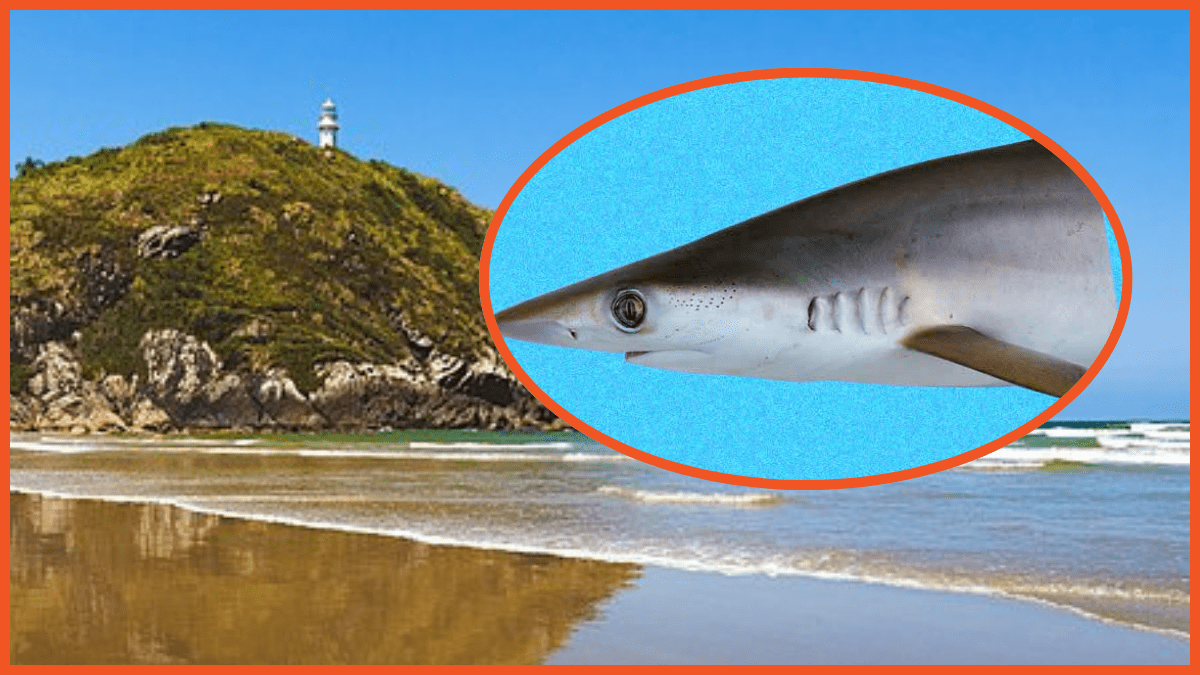Which would you rather encounter: A bear on cocaine, as portrayed in the 2023 feature film Cocaine Bear, based on a true story, or a cocaine shark? According to Brazilian scientists, that question is no longer idle speculation: 13 sharpnose sharks off the coast of Brazil tested positive for the substance.
To be clear: Brazilian sharpnose sharks only reach lengths of three feet, so these aren’t great whites we’re talking about, like in the Cocaine Bear knockoff movie Cocaine Shark. Still, cocaine was detected in the sharpnose sharks’ liver and muscle tissues in all 13 specimens tested, and it’s the first time the drug has been found in free-range sharks, according to the BBC.
Moreover, the amount of cocaine found in the sharks’ systems was 100 times more than what had previously been found in other aquatic creatures. In 2018, Puget Sound researchers found oxycodone in mussels, and a year later, in 2019, U.K. scientists found drugs, pharmaceuticals, and other illicit substances in freshwater shrimp. Cocaine has also been found in was found in mollusks, crustaceans, and bony fish.
Sharpnose sharks live in coastal waters
Sharpnose sharks live in shallow, polluted waters close to the shore, and scientists at the Oswaldo Cruz Foundation involved in the study, think they likely ingested the cocaine through the water, contaminated by the wastewater from nearby cities. Brazil is home to the second-largest number of cocaine users in South America.
Cocaine traffickers and drug labs may also dump cocaine into the water to get rid of evidence, and the sharpnose sharks might also eat other sea creatures with the drug in their system. Brazilians, among different populations around the world, eat sharks, too, so cocaine in shark meat could also pose some risk to human health.
It’s unclear what effect cocaine has on the sharks. There’s reason to think it would be similar to what cocaine does in humans, and might even result in addiction, the scientists say. “Considering the psychotropic effects of drugs of abuse on vertebrates, behavioral changes may occur, which, although sub-lethal, could impact the species’ survival in ways that remain unexplored,” researchers involved in the study wrote.
However, researchers also say that more aggressive behaviors can’t be ruled out. So, at least sharpnose sharks are small but as far as coming face-to-face with one without drugs in its system or one with cocaine in its body — when it comes to the latter, we still say, we’d rather not.











Published: Jul 23, 2024 05:28 pm